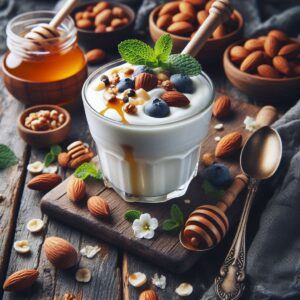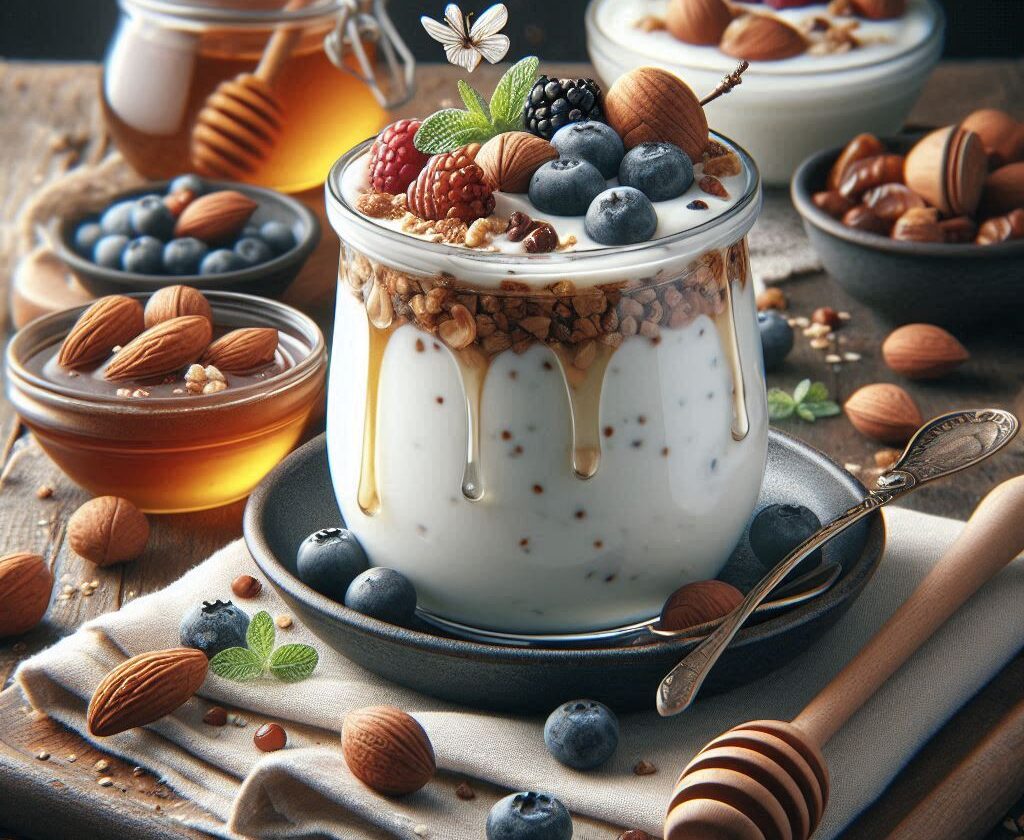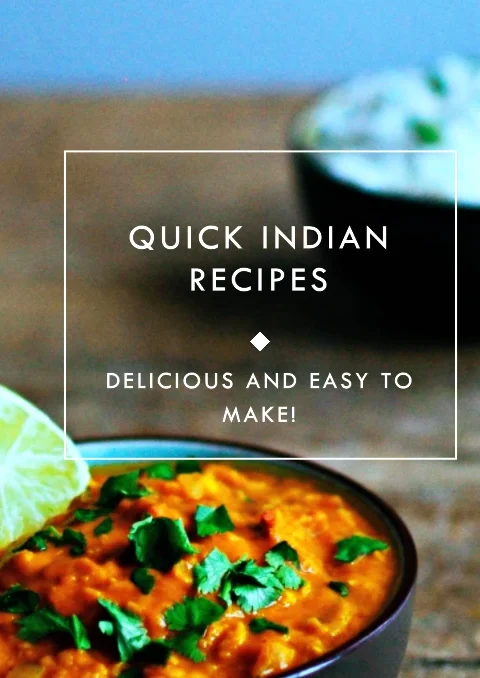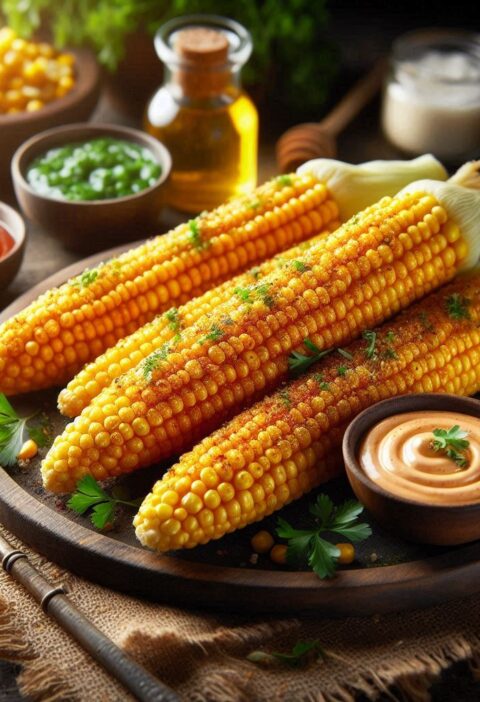
Fasting during Ramadan(Ramzan) is a spiritual journey that also has a profound impact on the body. Making the right food choices for Suhoor and Iftar ensures sustained energy, hydration, and overall well-being throughout the fasting period. A well-balanced diet with the right mix of carbohydrates, proteins, and healthy fats can help prevent fatigue and dehydration. Here’s how to make smart and nutritious food choices during Roza.
The Tradition and Significance of Roza Foods
Food plays a crucial role in the observance of Roza, not just for physical sustenance but also for cultural and spiritual significance. Many traditional foods consumed during Ramadan have historical and religious importance.
- Dates: The tradition of breaking the fast with dates goes back to the Prophet Muhammad (PBUH), who encouraged their consumption due to their natural energy-boosting properties. Dates are rich in fiber, natural sugars, and essential minerals, making them a perfect choice for Iftar.
- Lentil Soup: A staple in many Middle Eastern and South Asian homes, lentil soup has been consumed for centuries as a nourishing and light option that provides protein, fiber, and hydration after a long day of fasting.
- Hummus and Whole Wheat Bread: Hummus, made from chickpeas, has origins dating back to ancient Egypt and has been a staple in the Mediterranean diet for thousands of years. Whole wheat bread, another ancient food, provides slow-releasing energy to sustain the body during fasting.
- Yogurt-Based Drinks: Traditional yogurt drinks like Lassi and Ayran have been consumed in regions like South Asia and the Middle East for centuries. They help with digestion, replenish gut bacteria, and provide hydration.
Best Foods for Suhoor (Pre-Dawn Meal)
The goal of Suhoor is to keep you full and energized throughout the day. Here are some nutrient-dense options:
1. Complex Carbohydrates
Foods rich in complex carbs release energy slowly, keeping you full for longer.
- Whole wheat bread
- Oats (a food staple since ancient times, known for its endurance-providing properties)
- Brown rice
- Quinoa (an ancient grain cultivated by the Incas, recognized for its high protein content)
2. Protein-Rich Foods
Protein helps in muscle maintenance and prevents excessive hunger.
- Eggs (boiled, scrambled, or omelet)
- Greek yogurt with nuts and honey
- Cottage cheese or paneer
- Lean meats like grilled chicken or fish
3. Healthy Fats
Healthy fats provide sustained energy and aid in nutrient absorption.
- Avocados (first cultivated in Central America, known for their heart-healthy fats)
- Nuts and seeds (almonds, walnuts, chia seeds, flaxseeds, traditionally used for endurance)
- Olive oil in salads or whole wheat toast (a staple of Mediterranean diets for centuries)
4. Hydrating Foods & Drinks
Hydration is crucial for avoiding dehydration during fasting hours.
- Watermelon, cucumber, and oranges
- Herbal teas or coconut water
- Low-fat milk or smoothies with dates
Best Foods for Iftar (Breaking the Fast)
After a long day of fasting, the body needs replenishment. Start with light, easily digestible foods before moving to a well-balanced meal.
1. Dates and Hydration
- Dates are packed with natural sugars, fiber, and essential minerals.
- Drink plenty of water or infused water with mint and lemon to rehydrate gradually.
2. Light Starters
- Lentil or vegetable soup
- Fresh fruit chaat with a sprinkle of chaat masala
- Yogurt-based drinks like lassi or buttermilk
3. Balanced Main Course
- Grilled or baked chicken with quinoa salad
- Brown rice with lentils and mixed vegetables
- Whole wheat roti with lean meat curry
Foods to Avoid During Roza
Some foods can lead to dehydration, fatigue, and digestive discomfort. Avoid:
- Fried and oily foods (pakoras, samosas, deep-fried snacks)
- Sugary drinks and sweets (colas, artificial juices, excessive desserts)
- Processed and salty foods (chips, instant noodles, preserved meats)
Healthy Snacking Options
- Roasted nuts and seeds
- Hummus with whole wheat pita
- Smoothies with natural fruits and yogurt
Final Thoughts
A balanced diet during Roza not only ensures a comfortable fasting experience but also promotes long-term health. Many of the traditional foods consumed during Ramadan have deep cultural and historical roots, offering both nourishment and a connection to centuries-old practices. Choose whole, nutrient-dense foods, stay hydrated, and avoid excessive sugars and unhealthy fats.
Wishing you a healthy and blessed Ramadan (Ramzan)!



